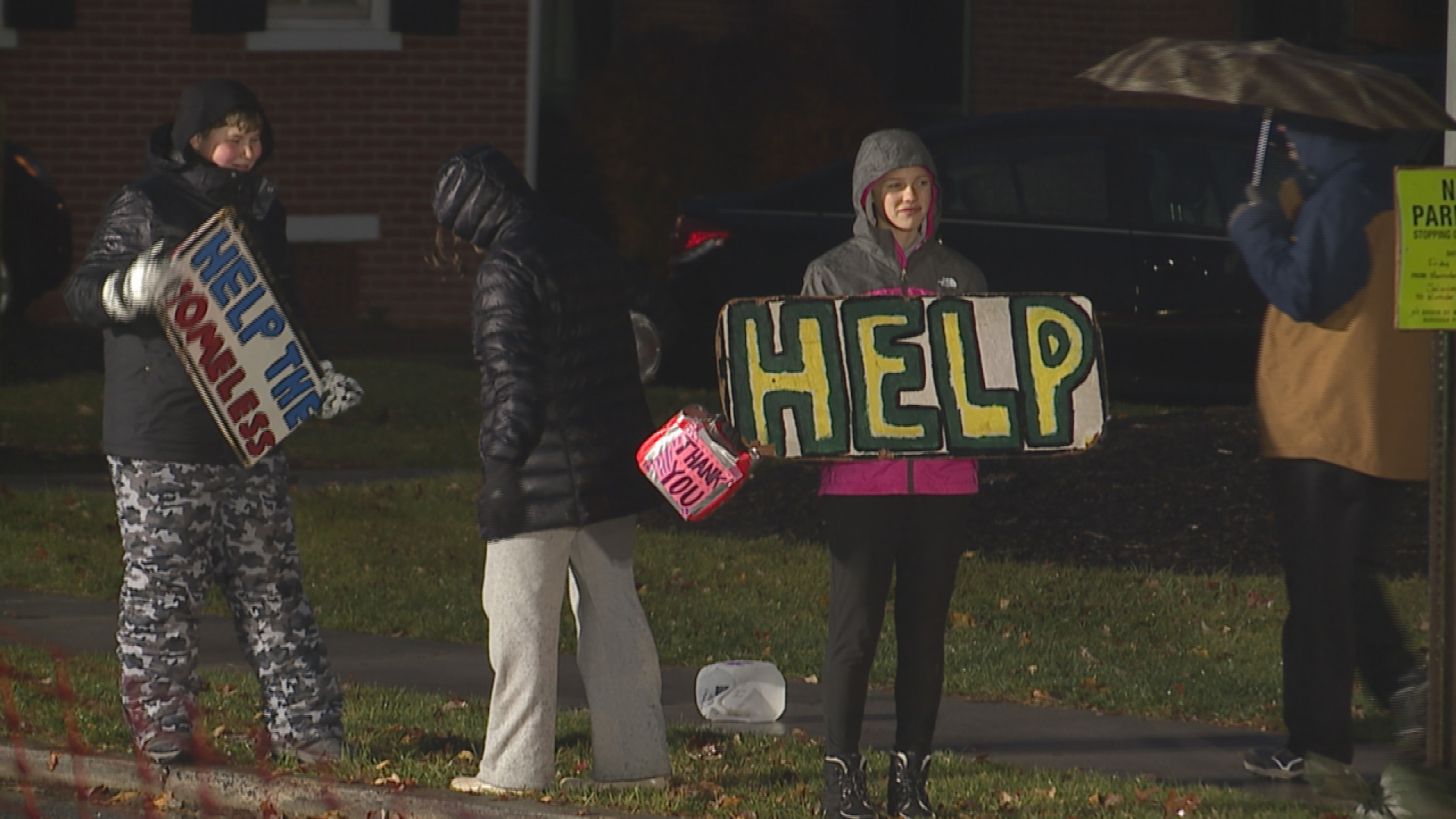CAMP HILL, Pa. — The owners of a Pennsylvania biofuels company will serve prison terms for conspiring to make false claims to the U.S. Environmental Protection Agency, defraud the IRS, and prepare false claims, U.S. Attorney David J. Freed announced Wednesday.
Ben Wootton, 55, of Savannah, Georgia, and Race Miner, 51, of Marco Island, Florida, were sentenced by U.S. District Judge John E. Jones III to prison terms of 70 and 66 months, respectively. The two men own Keystone Biofuels, Inc., which was originally located in Shiremanstown before moving to Camp Hill.
The defendants were convicted in April 2019.
Miner was the founder and CEO of the company, while Wooten, a former member of the National Biodiesel Board, served as president.
In addition to their prison terms, both men were ordered to pay $4,159,383.41 in restitution to the IRS and $5,076,376.07 in restitution to the state Department of Environmental Protection, according to Freed.
Wootton and Miner will also have to serve a three-year term of supervised release after their term of imprisonment, Freed said.
Keystone was sentenced to five years’ probation and ordered to pay restitution of $4,149,383.41 to the IRS and restitution of $5,076,376.07 to the Pennsylvania Department of Environment Protection criminal fine.
“The EPA and IRS renewable fuels incentive programs are important components of the Congressional program to increase the use of biofuels to benefit the environment,” said Principal Deputy Assistant Attorney General Jonathan D. Brightbill of the Justice Department’s Environment and Natural Resources Division. “Today’s sentences are a strong reminder that the federal government will not allow supposed 'green' conmen to illegally take advantage of federal and state programs that are meant to offer financial incentives to enhance the environment and energy sustainability.”
“The complex fraud perpetrated by the defendants in this case struck directly at the heart of a government program that was specifically created to benefit the environment, business owners and the community at large,” said Freed. “Encouraging companies to develop and provide for sale clean renewable fuels is truly a win-win proposition for everyone. Unfortunately, the defendants used this program to benefit only themselves.
"Today’s sentences send a clear message that my office, our federal partners and the United States Department of Justice will not tolerate renewable fuels fraud and related offenses.”
Wootton, Miner, and their company falsely represented that they were able to produce a fuel meeting the requirements set by the American Society for Testing and Materials for biodiesel (a renewable fuel) and adopted by the EPA, and as such were entitled to create renewable fuel credits, known as RINs, based on each gallon of renewable fuel produced, Freed said.
The fuel and the RINs have financial value and could be sold and purchased by participants within the federal renewable fuels commercial system.
Wootton and Miner were also convicted of fraudulently claiming federal tax refunds based on IRS’s Biofuel Mixture Credit. The Biodiesel Mixture Credit is a type of “blender’s credit” for persons or businesses who mix biodiesel with diesel fuel and use or sell the mixture as a fuel.
Wootton and Miner caused Keystone to fraudulently claim tax refunds based on non-qualifying fuel and, in at least some instances, non-existent or non-mixed fuel, according to Freed.
In an attempt to hide their fraud scheme, the men created false corporate books and records and sham financial transactions to account for the nonexistent and non-qualifying fuel, and to create the appearance of legitimacy, Freed said.
The prosecution of Wootton, Miner and Keystone is the first prosecution of a case under the federal renewable fuels program based on fuel that did not meet the program renewable fuel quality standards.
The case was prosecuted by Senior Litigation Counsel Howard P. Stewart of the Environment and Natural Resources Division’s Environmental Crimes Section, Assistant U.S. Attorney Geoffrey MacArthur, Special Assistant U.S. Attorney David Lastra, and Trial Attorneys Mark Kotila and Michael C. Vasiliadis of the Tax Division. EPA Region III Criminal Investigation Division, IRS Criminal Investigation and the FBI Philadelphia’s Harrisburg Resident Agency investigated the matter.



